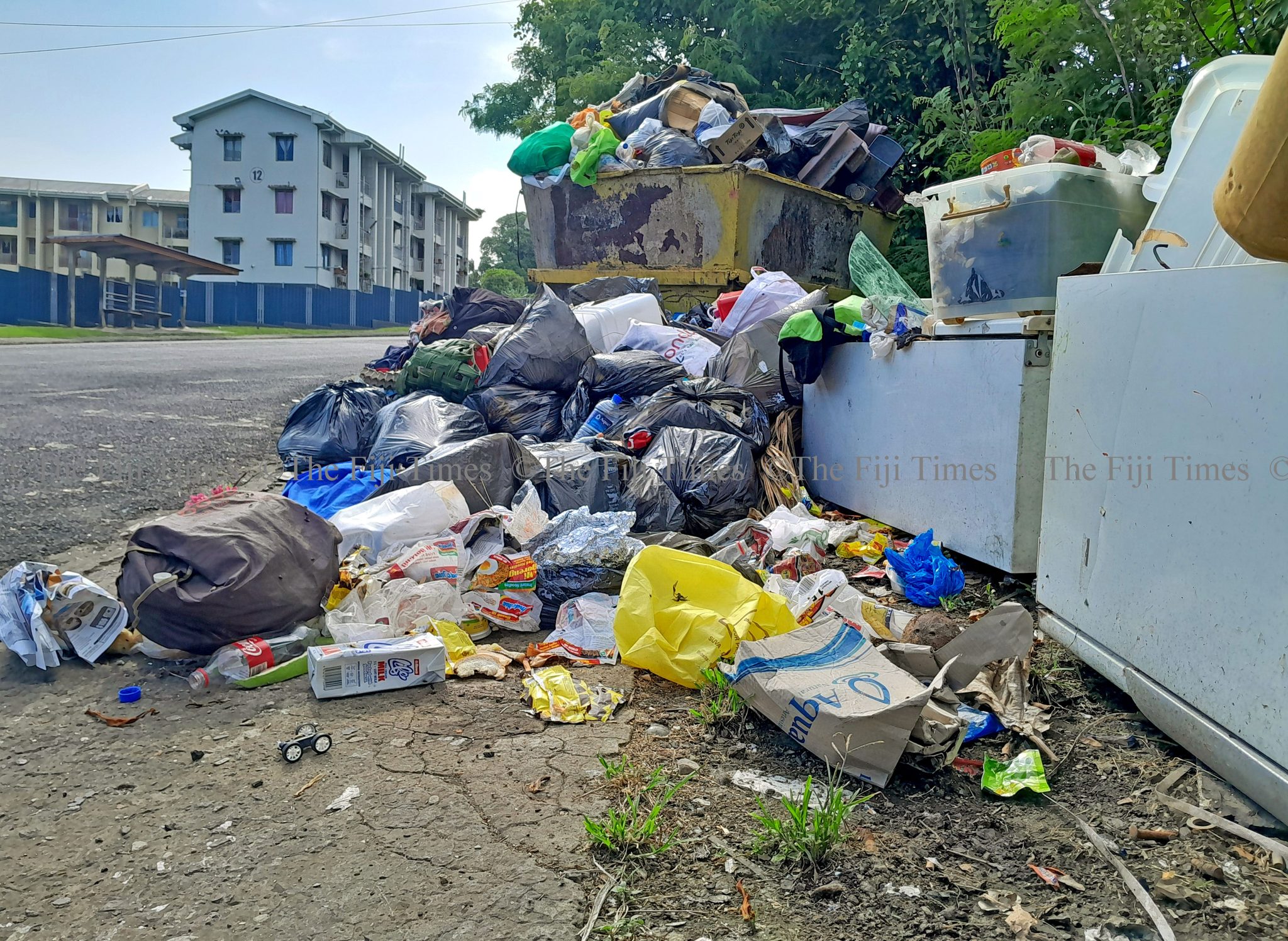AS we prepare to celebrate Diwali with our Hindu families and friends, the Pacific Recycling Foundation (PRF) is urging us all to look beyond the traditional cleaning of our homes and reflect instead on how we can collectively “clean Fiji”.
Diwali, the Festival of Lights, has always symbolised the triumph of light over darkness, good over evil, and knowledge over ignorance.
It is a celebration that brings families together to illuminate their homes, share meals, and begin anew.
But as PRF founder Amitesh Deo reminds us, true light does not only come from the glittering decorations or the sparkle of new paint. It shines through our choices and actions, especially those that protect our shared environment.
Every year, in the days leading up to Diwali, families across the country sweep, scrub, and polish their homes. It is a beautiful tradition rooted in the belief that a clean home invites blessings and prosperity.
Yet, as Mr Deo points out, this well-intentioned practice often ends with piles of mixed waste being dumped into drains, empty lots, or rivers. That, he says, is not cleanliness!
We cannot continue to clean one part of our environment while polluting another. It is time to broaden our understanding of what it means to be clean. So he insists true cleanliness must extend beyond our front gates. It must be reflected in how we manage our waste, how we respect our surroundings, and how we hold ourselves accountable for the environmental impact of our daily actions.
Mr Deo puts it well. We must stop calling only our houses “home”.
The planet is our home.
When we move waste from our living rooms to the streets, or from our yards to the rivers, we are shifting dirt from one corner of our shared home to another.
The illusion of cleanliness must end.
There’s a line of thought that suggests a clean Fiji will only be possible when our collective attitude shifts from convenience to consciousness.
Perhaps, if we are to take this line of thought, we should stop thinking of waste as someone else’s problem and start seeing it as our shared responsibility.
Every piece of rubbish we throw away has a destination, and too often, that destination is a dumpsite or a waterway. Worse still, it is hardworking men and women like those who form the Collection Pillars of Recycling who must bear the burden of sorting through what others carelessly discard.
Systemic cleanliness requires more than symbolic gestures.
It requires systems that work.
So in keeping with that, communities, businesses, and government institutions must rethink how responsibility is defined and distributed.
Recycling, composting, and proper waste segregation should not be afterthoughts, but built-in parts of our national approach to waste management.
We believe PRF’s message is a powerful one!
We can contribute to building systems where waste is managed!



